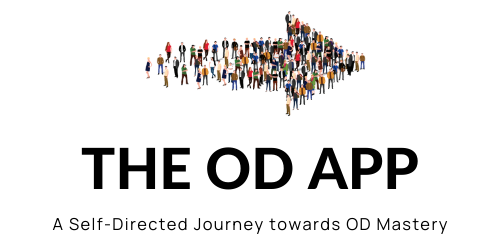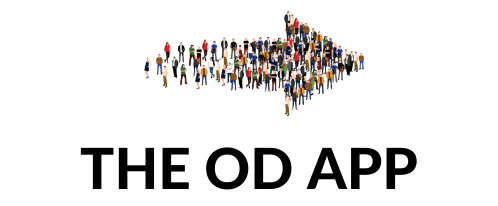Description
In an open system environment, if an organisation is to survive, the ability to undergo continuous change, transformation, and adaptation must be deeply embedded in its behavioural and cultural patterns. Furthermore, its internal speed of change and alignment needs to match the external speed of change.
While continuous change is long understood to be a norm, it is nevertheless still puzzling that the failure rate of change initiatives and interventions remains staggeringly high over the past two decades. Reasons for this phenomenon include a low change capability within organizations; genuine ‘change fatigue’ in the system; the dominance of traditional ‘mechanical’ approaches to effecting change; using ‘telling and selling’ methodologies with ‘burning platform’ vs ‘passionate platform’ narratives. And/or the temptation of those in power to employ external consultants to undertake change initiatives without meaningful involvement of the various internal stakeholders.
When its internal change capability is low, an organisation’s need for support from its internal competent OD practitioners in change initiatives remains high. Those who are drafted in to work with change ( sometimes include external practitioners) need a range of foundational OD competences—e.g., the ability to operate in a people-centric way, engaging participation among system members, empowering co-construction, being savvy in designing sense-making processes to guide multiple stakeholders in their change journey, knowing how to enlarge the engagement circle at every phase, and building sustainable ownership at every level of the system—all in service of building internal change capabilities.
To make all this possible, the OD practitioner needs to have an in-depth understanding of the different types of change, including especially complex change processes, and be able to work with both planned and emergent change. This also requires insights into, and the ability to work constructively, with the human dynamics and psychological implications that accompany the change processes.
Experienced by clients
When they are supported by OD practitioners who are competent at working with change and are effective change enablers, clients tend to feel safe and be willing to take more risk. A client feels respected by the OD practitioner who believes in the client’s abilities to make progress and figure out the complicated ways forward, benefiting from the practitioner’s careful up-skilling—teaching, coaching, guiding and leading through the change processes. Over time, as they watch, shadow, and are supported by the OD practitioner, clients become increasingly confident and capable of navigating and wisely managing change processes towards desired outcomes, building a foundation for change sustainability. Often their initial impatience and complaints about OD approaches being too slow will evaporate as they witness the greater ownership from people.
What the competence ‘looks like’
The characteristics and qualities noted below are not intended to be exhaustive or definitive. Nor are they in any particular order. Nor are the distinctions between ‘Knowledge’, ‘Skills/Abilities’ and ‘Character/Attitude’ hard and fast—rather they are heuristic categories with obviously overlapping edges. The intention is merely to provide a frame of reference for considering important elements of the OD Working with Change Competence.



